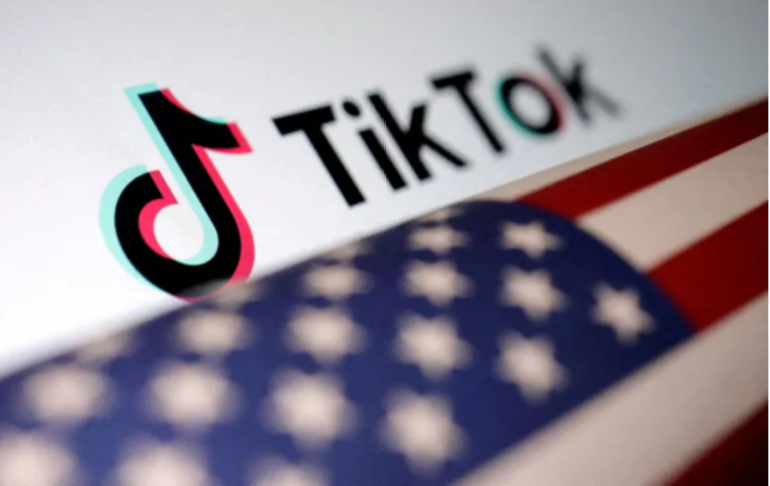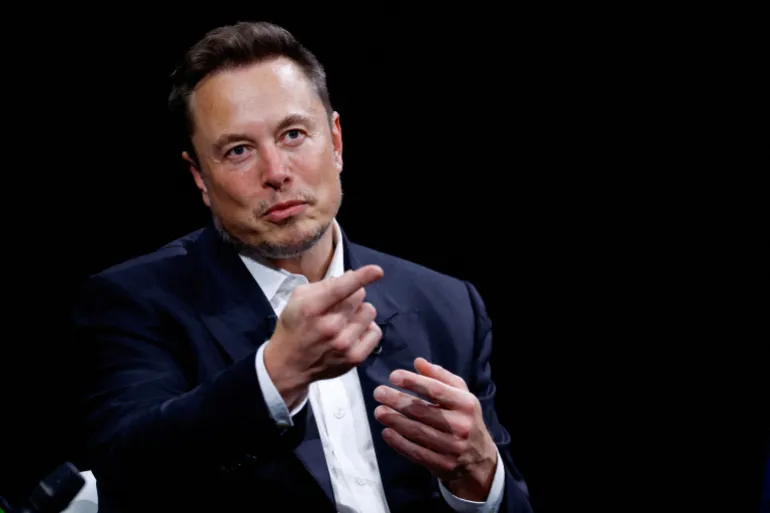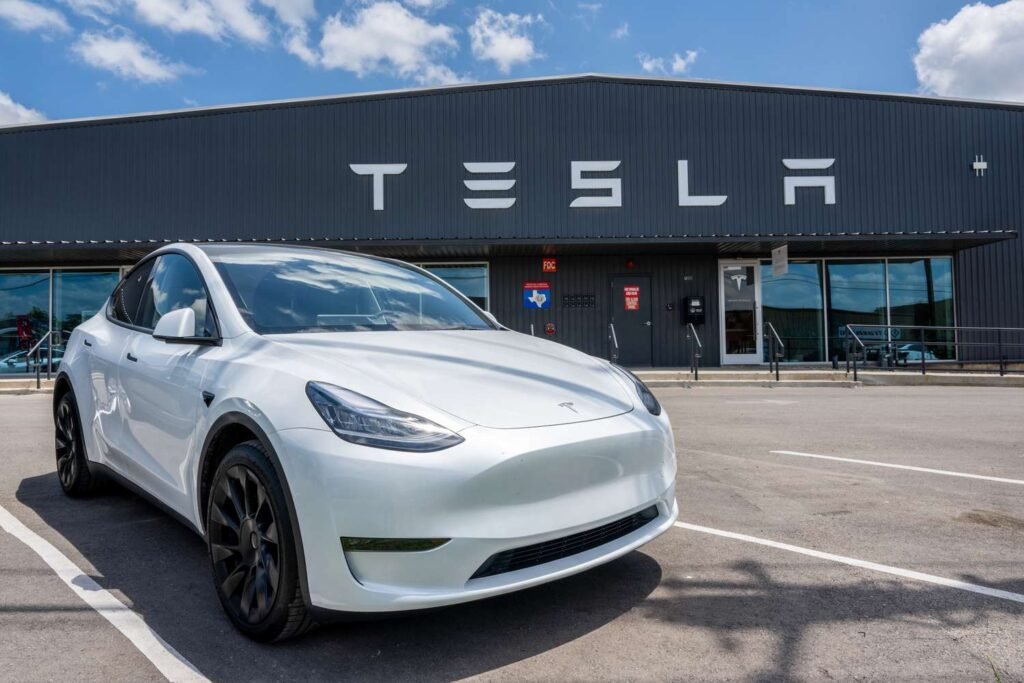
Donald Trump, whose previous term made him a pariah to many in the business world, has found new champions among tech leaders as his path back to the White House takes shape.
Elon Musk, the world’s richest man, has become the biggest name to back Trump, endorsing him and participating in fundraising for him. The move comes after weeks of growing support from the tech sector. Influential investors and tech leaders, including former Democratic Party donor Alison Huang, investors Marc Andreessen and Ben Howaritch, and the Winklevoss brothers, who are players in the cryptocurrency world, have come together to publicly support Trump.
Regulating artificial intelligence
Trump has spent little time talking about AI during his four years as president, though in 2019 he became the first to sign an executive order on AI, directing federal agencies to prioritize research and development in the field.
This perspective later shifted, when Trump’s chief technology adviser told business leaders in 2018 that job displacement due to AI was inevitable, and that we could not stand idly by, hoping that the market would eventually solve this problem.
The 2019 order called on federal agencies to protect civil liberties, privacy, and American values in applying artificial intelligence technologies and helping workers acquire relevant skills.
In the final weeks of his administration, Trump also signed an executive order encouraging the use of trustworthy artificial intelligence in the federal government.
Today, Trump’s approach to AI tends to focus more on national security priorities for AI given his competition with China and staunch defense of open-source development.
Venture capitalists who have pledged to support Trump say he has made promises to help “small tech” and shape AI policy in ways they see fit.

Tik Tok application
Trump began the process that led TikTok to where it is today, which is to ban it in the United States unless it separates from its Chinese owner, Byte Dance, if it loses a legal challenge with the Department of Justice.
Despite this, Trump says he no longer wants to ban TikTok, especially when he joined it last June, where he reached 3 million followers within just one day of joining.
He told Bloomberg in a recent interview that he is with TikTok now in order to increase competition with Meta.
Cryptocurrencies
Republican presidential candidate Donald Trump addressed cryptocurrency supporters at the 2024 Bitcoin Conference, promising to make the United States the “crypto capital of the planet” and the world’s Bitcoin superpower.
Trump has pledged to create a strategic reserve for Bitcoin for the US government. He also pledged to dismiss US Securities and Exchange Commission Chairman Gary Gensler if elected, and appoint a new chairman who would build a future instead of obstructing it.
Trump became the first presidential candidate to accept cryptocurrency donations, raising nearly $4 million in cryptocurrencies for his campaign.
Trump’s support for cryptocurrencies may attract voters who support digital currencies. Cryptocurrency markets have witnessed a recovery this year, especially Bitcoin, which has risen significantly as a result of growing speculation about Trump’s victory in the November elections.
Antitrust
According to the American Brookings Institution, Trump’s rival, Kamala Harris, is likely to continue implementing the strict antitrust laws initiated by Biden. She has repeatedly spoken about the need to curb inflation and improve economic opportunities for all Americans. The administration’s campaign has targeted large platforms that it feels have abused their powerful market position and engaged in predatory behavior that has hurt consumers and made it harder for people to buy essential goods.
Trump is likely to be less aggressive in enforcing antitrust laws than Biden and Harris. He may continue with current tech antitrust cases, but he will give the green light to tech mergers and acquisitions.
Trump’s business background makes him generally sympathetic to the business community, and he is unlikely to appoint strong enforcers to the Justice Department, the Federal Trade Commission or the Federal Communications Commission. That was the case in his first term in office, and it is likely to continue if he wins a second term.

Technology companies
The wide-ranging interview conducted in late June covered Trump’s views on the economy and foreign policy and his views on several CEOs.
He praised Apple CEO Tim Cook and JPMorgan Chase CEO Jamie Dimon, and has been vocal in his attacks on big tech companies, calling them too big and too powerful.
“I don’t want to hurt them. But I don’t want them to destroy our young people,” Trump said. He added that he doesn’t want to destroy big tech companies because they are important to competing with other countries, but he believes some restrictions should be put in place.
“In a Trump White House scenario with a weaker FTC that is more friendly to the White House, we expect to see an accelerated M&A environment in big tech,” Wedbush Securities analyst Dan Ives wrote in a note. “We believe a potential Google-Waze deal would be just the beginning of a massive M&A cycle in big tech in 2025.”
“We’ve seen every major tech deal come under scrutiny over the past few years as the FTC has been aggressive in blocking tech deals of all shapes and sizes from companies like Amazon, Microsoft, Google, Meta and others,” Ives added.
However, Raymond James analyst Ed Mills believes Trump’s choice for president signals an aggressive trade agenda and anti-M&A push.
Trump’s potential international trade policy is also drawing attention. In a note last month, Stifel market analysts said the prospect of tariffs weighed heavily on toymaker Mattel.
Electric vehicles
Trump has said he opposes everyone owning an electric car, despite the endorsement of billionaire Tesla CEO Elon Musk. “Elon Musk endorsed me and he’s a friend of mine, but I’m against everyone owning an electric car,” he said.
A Trump presidency could be negative for the electric car industry overall, with tax incentives and potential rebates for electric vehicles being taken away. But for Tesla, it could be a potential positive.

“Tesla has unparalleled scale and scale in the electric vehicle industry and this dynamic could give Musk and Tesla a competitive advantage in an environment where financial support for electric vehicles is being withdrawn,” he wrote.
In addition to the possibility of imposing higher import duties on China, which will continue to push cheaper Chinese car companies such as BYD, Nio, and others away from invading the American market in the coming years.
More Tech News click here
